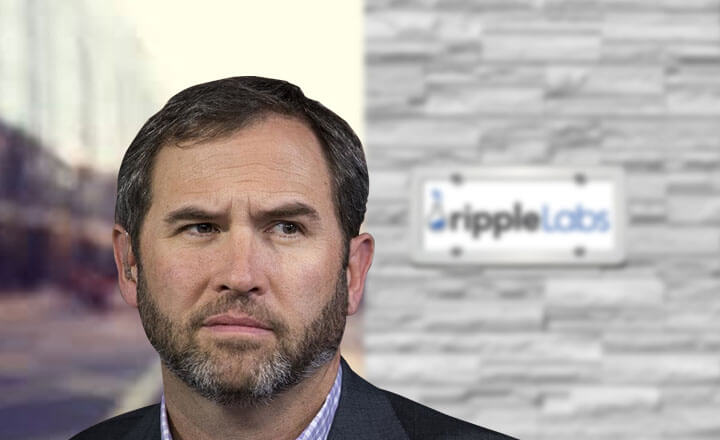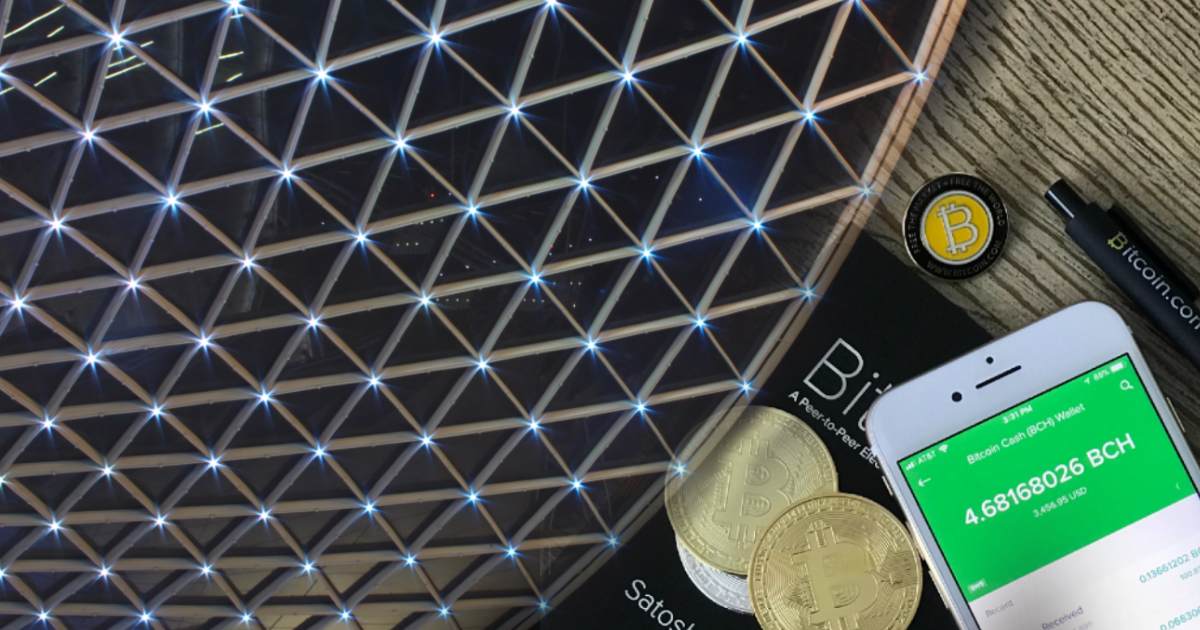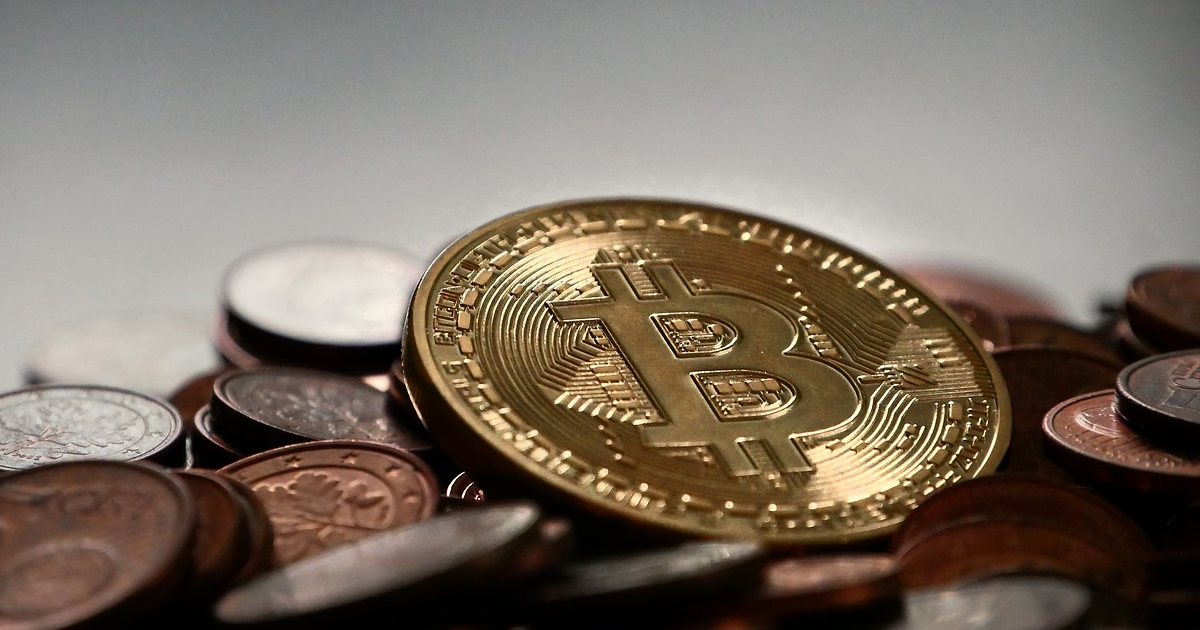Crypto exchange Coinbase should add support for XRP, according to Ripple CEO Brad Garlinghouse, amid hints from US' SEC that the altcoin is a security.
Cryptocurrency enthusiasts should be able to trade XRP on Coinbase in the near future, according to Ripple Labs’ CEO Brad Garlinghouse.
The billionaire investor argued that the crypto exchange platform should add support for XRP, Ripple’s native token. The crypto coin is currently the third-largest digital currency based on market capitalization at around US$18.757 billion.
The XRP token is the currency on Ripple’s RippleNet blockchain, a currency exchange and transfer network. According to its website, Ripple allows financial institutions to “instantly settle cross-border payments with end-to-end tracking.” Banks and the like can transfer assets in high speeds across the world through the network.
Large institutions have backed up Ripple, suggesting that they believe in the startup’s vision. These financial institutions include Banco Bilbao Vizcaya Argentaria, Santander Bank, and Standard Chartered.
Garlinghouse, in an interview at CB Insight’s Future of Fintech, said:
“As we solve problems at scale for institutions, I think it’s in the Coinbase’s interests to participate in that.”
Earlier this April, rumors surfaced that Ripple tried to buy its way into two crypto exchange platforms. Bloomberg reported that the company offered financial incentives to top US crypto trading platforms for them to trade XRP. In addition, insiders claimed that Ripple offered Winklevoss twins’ exchange Gemini a total of US$1 million to open an XRP/USD trading pair.
However, the efforts of the company were to no avail as both exchanges are yet to provide support for the altcoin. In addition, Coinbase was quick to dismiss the rumors that it will trade XRP. According to the trading platform, it will not accept tokens considered as securities based on Coinbase’s Securities Law Framework and on the mandate by US Securities and Exchange Commission (SEC).
A Security Problem
The hesitation of these exchanges stems from the fact that XRP is currently in a regulatory limbo, with neither SEC nor commodity regulator US Commodity Futures Trading Commission (CFTC) clarifying the nature of the altcoin.
Digital currencies determined as securities would fall under the laws and regulations of the Commission. As a result, trading platforms listing these currencies would also be required to register and comply with rules set by SEC. If the Commission sees XRP as an unregistered security, a lawyer explained, the coin and the exchanges trading the said coin would face penalties.
While there are no specific statements regarding XRP, SEC hints that XRP falls under the classification of a security. In a speech at Yahoo! Finance All Markets Summit last June 14, a senior SEC official shared how the Commission classifies a token as security.
William Hinman, director of SEC Division of Corporation Finance, explained:
“Over time, there may be other sufficiently decentralized networks and systems where regulating the tokens or coins that function on them as securities may not be required. And of course, there will continue to be systems that rely on central actors whose efforts are a key to the success of the enterprise. In those cases, application of the securities laws protects the investors who purchase the tokens or coins.”
Online analysts point out that the description fits the Ripple network. A research by BitMEX Research claimed that the power in the Ripple network lies on only one server. That assertion suggests that Ripple has a central actor capable of affecting the future of the whole network—similar to how SEC’s Hinman defined securities. In addition, Ripple Labs owns a majority of the 100 billion XRP in existence—60 billion to be exact.
However, Ripple Labs denied that XRP falls under the definition of what a security is.
Garlinghouse argued:
“I think it’s really clear that XRP is not a security. XRP exists independent of Ripple and it would operate even if Ripple Labs failed. I don’t think that our ownership of XRP gives us control. Saudi Arabia owns a lot of oil—that doesn’t give them control of oil.”
Unlike XRP, Bitcoin (BTC) and Ethereum’s Ether (ETH) have escaped the regulation limbo. In the same Yahoo! event, Hinman explicitly stated that both coins—the two largest based on market cap—are not securities and are excluded from SEC’s jurisdiction.
| Related: Coinbase—Buy and Sell Bitcoins
The Coinbase Assent
Ripple’s aggressive push for Coinbase to list XRP suggests that there is a huge reward in achieving that goal.
To be listed in one—if not—the most popular crypto exchange services in North America would trigger a jump in coin valuation. Ethereum Classic (ETC) is the best evidence to support that. Just recently, Coinbase announced that it will be adding the altcoin as the fifth digital currency traded in its platform. Just an hour after the announcement, Ethereum Classic’s prices jumped from US$13 to US$16.
In addition, analysts agree that being listed on Coinbase—self-proclaimed as the most trusted exchange platform—would provide legitimacy to the crypto coin. The exchange has one of the strictest methods in determining what crypto coin to trade, and analysts argue that being listed by Coinbase would mean that the coin has passed the test.
Nevertheless, until XRP receives regulatory clarification from either the Commission or the CFTC, experts do not see big exchanges in the US—including Coinbase—trading the Ripple’s digital currency in the near future.
| Related: Ripple Exchange







